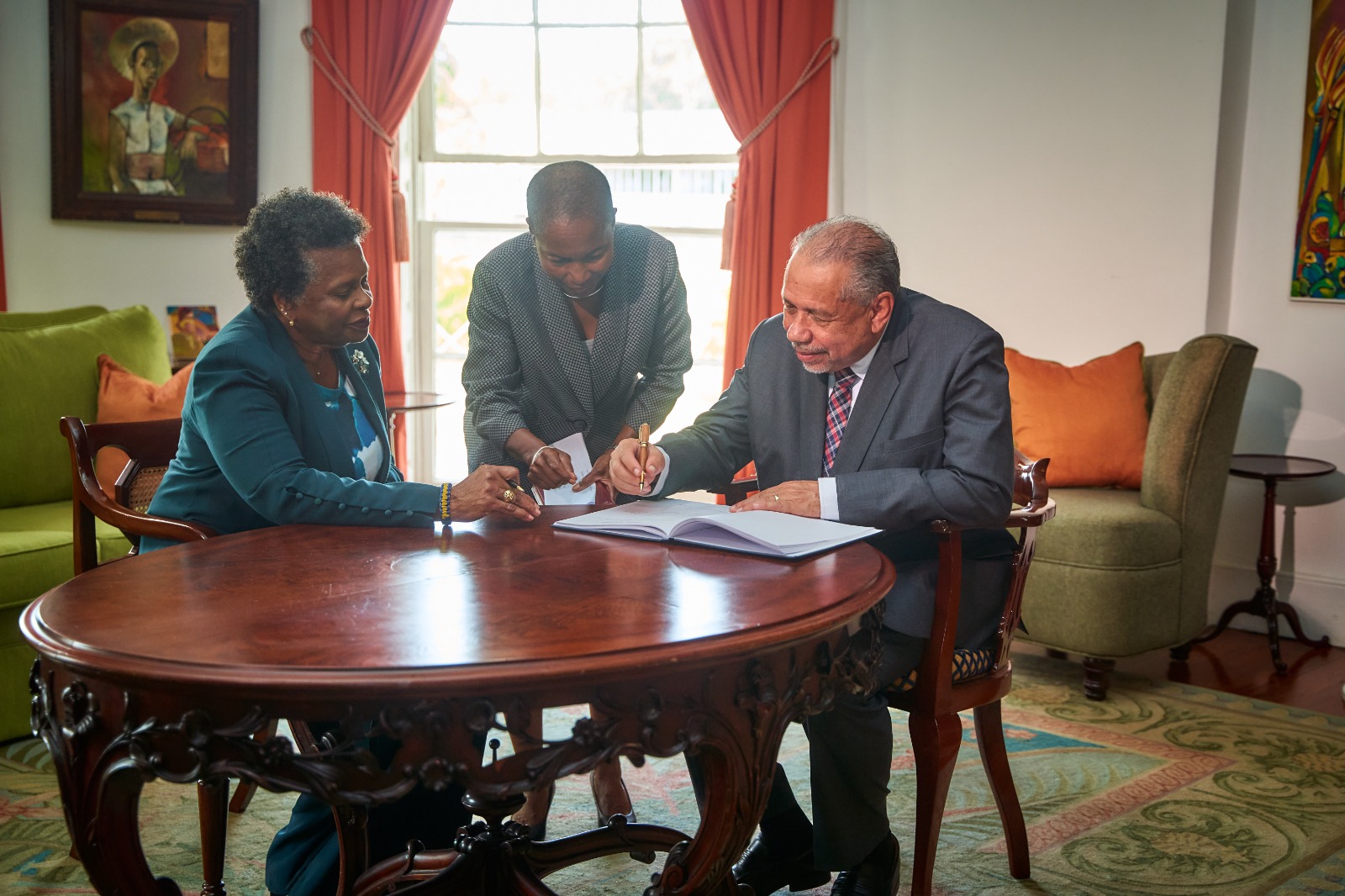Central Bank 9-month economic review confirms 4.4% growth
Governor of the Central Bank Kevin Greenidge was pleased as punch to share that the Barbados economy grew 4.4% in the period under review. The blogmaster joins others to be concerned that the main reason for the growth was as a result of our main economic sector, TOURISM. Governor where are the green-shoots to kindle optimism that our export earnings are positioned to take off?
Nothing to see here!





The blogmaster invites you to join the discussion.